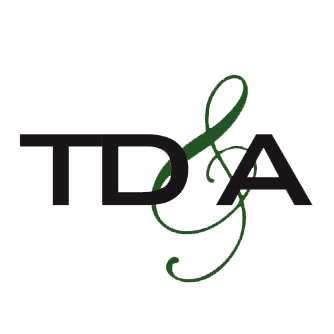Inflation and Interest Rates – An Estate Planning Opportunity
Inflation and interest rates are currently on the rise. Inflation shows us how far each dollar will stretch to pay for goods and services today versus the future. Whereas interest rates are the percentage a lender charges for us to use borrowed money, based on the total amount lent. Inflation has a direct impact on the cost of goods and services. Higher inflation can lead to tax consequences.
Now, you may be wondering how these concepts play into creating your estate plan. We are here to provide an explanation.
Estate taxation is taken based on the aggregate or total gross value of your estate, less applicable exemptions, exclusions, and deductions. Let’s say that your primary residence is valued at $2,000,000 but due to rising inflation the value is now $3,000,000. This increase in value can have direct taxation implications, especially if you happen to pass away when an appreciating asset, such as your primary residence, may be at an extremely high value approaching or surpassing then-in effect taxation thresholds.
Tax thresholds are currently at an all-time high with the 2023 lifetime exemption at $12,920,000 per individual. However, this is set to sunset at the end of year 2025, exposing many more individuals and couples to potential estate tax liability. In an effort to properly plan for potential tax consequences associated with your estate, it is imperative to begin planning now.
An experienced attorney, such as those at our firm, can guide you through best practice to minimize tax liability when you pass away through the use of not only estate planning, but also gifting, and other advanced planning techniques in a world where everything seems to be getting more expensive. Contact us today to schedule a free 30-minute consultation with one of our esteemed attorneys.

